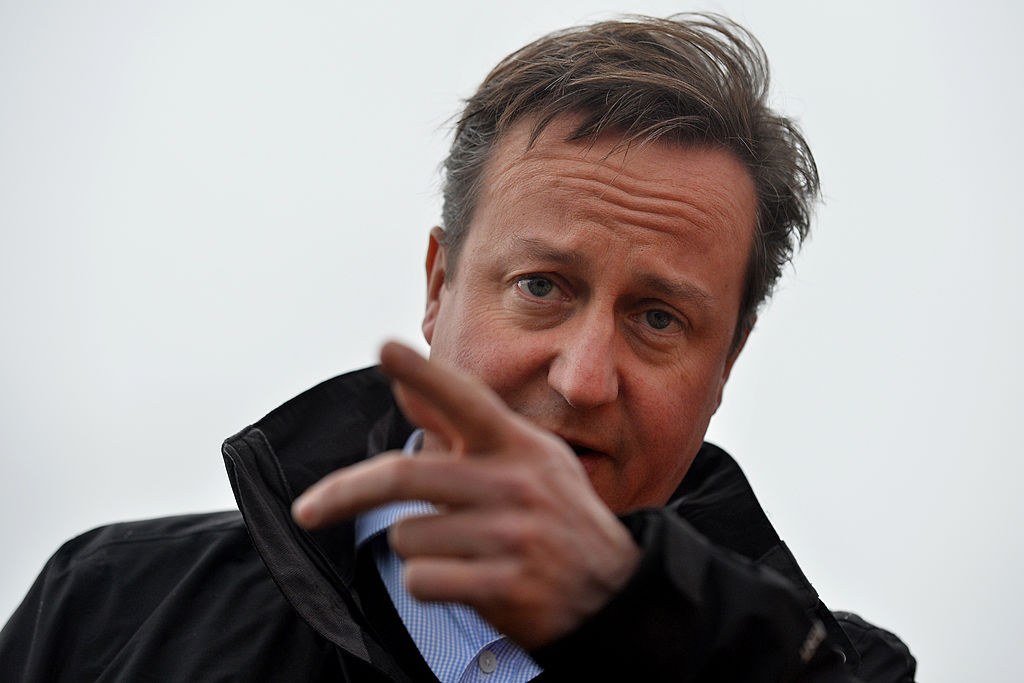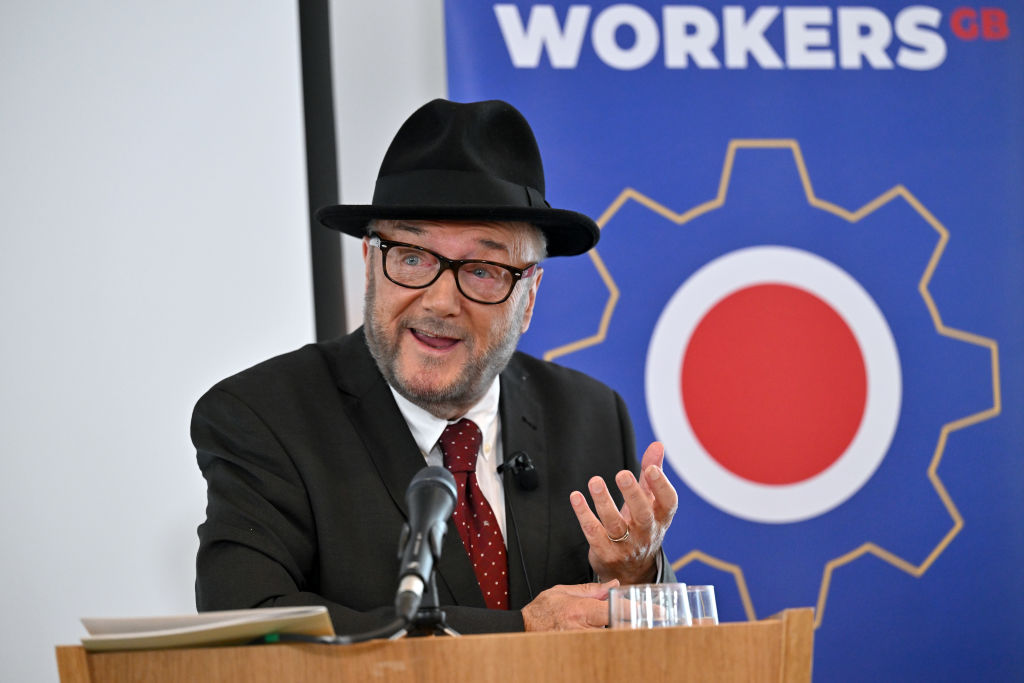This month’s UK general election has produced the most distorted electoral results ever. Labour won over 63 per cent of Commons seats on less than 34 per cent of the vote; Nigel Farage’s Reform UK won over four million votes, but only five seats, while the centrist Liberal Democrats won 72 seats on just over 3.5 million votes. The Northern Irish Democratic Unionist Party won as many seats as Reform on less than five per cent of the vote.
The UK electoral system penalises parties who gain wide support across the country without a strong geographical base: winning fifteen or twenty per cent in every constituency is likely to gain you no seats, appealing to voters in Welsh speaking parts of Wales is enough to gain you four seats on a very small proportion of the national vote.
Traditionally the demand for ditching the UK’s first-past-the-post electoral system for something more European has come from the Liberal Democrats. The centre force in British politics has clamoured for some form of proportional representation for nearly a century.
But now the calls for changing the electoral system are also coming from sections of the Right. Farage is declaring that he will work with anyone to bring about fairer votes. Why the argument appeals is understandable, but it would also be disastrous for the Right if adopted in national elections.
As I argued previously for Brussels Signal, proportional representation in European elections – via the rise of the UK Independence Party – transformed the cause of what then wasn’t called Brexit from a fringe diversion to its ultimate success and now mainstreaming.
But proportional representation in Westminster elections would ensure that a solidly Right of centre government would be very unlikely to come to power again. Margaret Thatcher’s government, which swept away the post-War statist consensus that had emerged with the 1945 Labour landslide, won election with 43.9 per cent of the vote. Her celebrated landslide re-election in 1983 was achieved with 42.4 per cent of the vote. The Thatcher revolution would simply not have happened if Britain had a proportional electoral system. Instead, after weeks of negotiating, some sort of centrist mush of a government would have emerged, à la the European model.
Those on the Right now arguing for electoral reform do accept this argument, but they then go on to say Britain has moved from a predominantly two party system, to a multi-party system with the rise of the various Farage vehicles (Ukip, Brexit, Reform) but also the breakthrough of the Green party (it won four seats this month, it had only ever held one before) and the Islamist independents. The analysis is broadly right, but the solution is wrong.
The UK’s political landscape has never been two party in the narrow sense of the United States, where third parties have had very little electoral success. But it came fairly close to it in the 1950s, with the Liberals and the Scottish Nationalists only re-emerging as anything more than fringe phenomena in the 1970s. And undoubtedly British politics is now fracturing.
But the mission of the Right should not be to accept this fracturing, but to do their very best to recreate an electoral force which can unite nearly all of the Right and centre-Right. Such a force will undoubtedly be a coalition of forces within one overreaching party; this has always been true of both the Conservatives and Labour on the Left. The latter managed to contain, during Tony Blair’s government, everything from cheerleaders for George W Bush’s foreign policy to the Marxisants around Jeremy Corbyn.
Electoral reform would certainly mean that there would be a much stronger Faragist voice in parliament, but that voice would always be on the opposition benches and real power would be held by an amalgam of parties hostile to its whole agenda.
For those of us who support first-past-the-post, we can sleep easy in the knowledge that electoral reform is unlikely to happen any time soon. Labour’s 1997 manifesto, on the back of which Tony Blair won his landslide victory, promised a referendum on electoral reform. This was part of his attempt to woo the Liberal Democrats and create a bloc encompassing both Labour and them.
That referendum did not happen. Labour MPs were unwilling to support a potential change to proportional representation that would inevitably have cost many of them their seats. A referendum on changing the electoral system had to wait until 2011, albeit on the Alternative Vote rather than a more proportional system. David Cameron had agreed to it, to bring the Lib Dems into coalition when he failed to win a majority in the 2010 election. The public rejected the change by a margin of two to one.
Labour’s 2024 manifesto made no pledges on changing the electoral system. If Keir Starmer hoped to push it, or a referendum on such a change, through he would face a massive rebellion. Such a change would guarantee that about half of his MPs would never be re-elected, and turkeys don’t vote for Christmas.
So first-past-the-post is here to stay – and despite its absurdities, that is a good thing too.






The UK general election: Seven essential takeaways from Labour’s shallow landslide to political Islam’s breakthrough